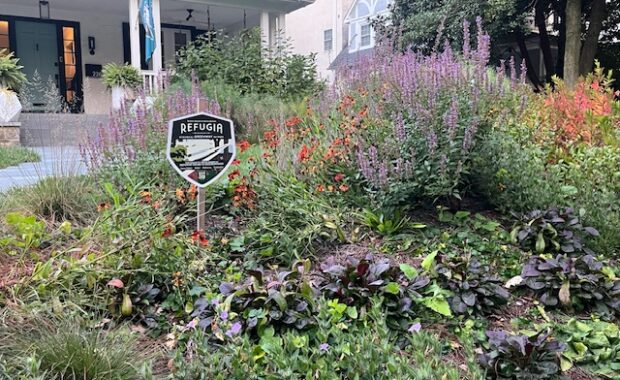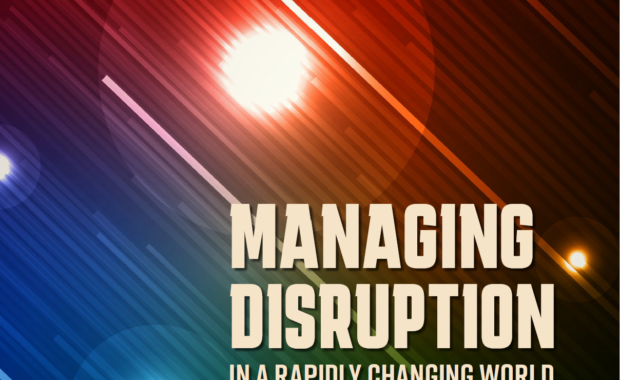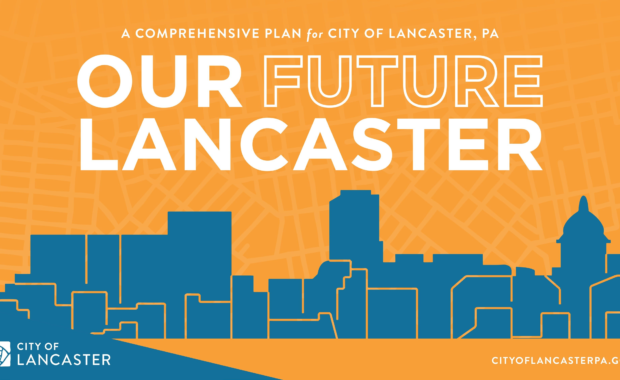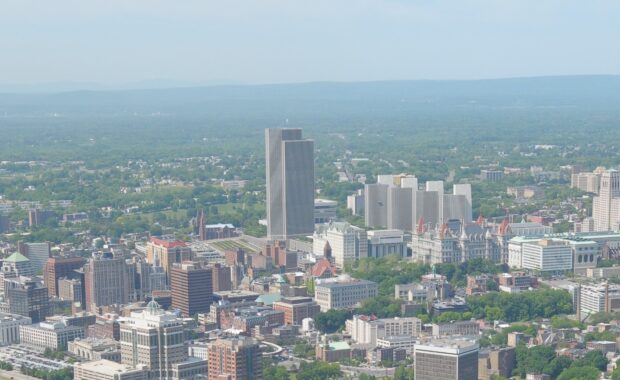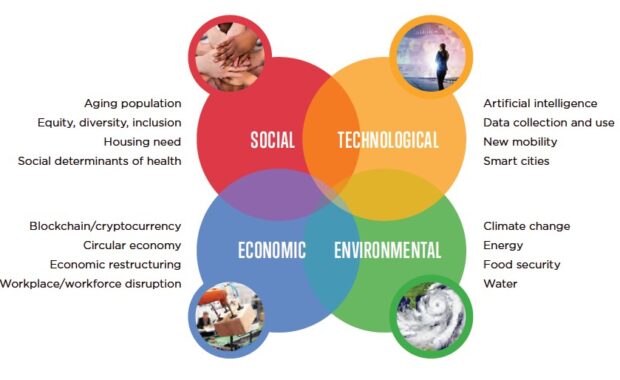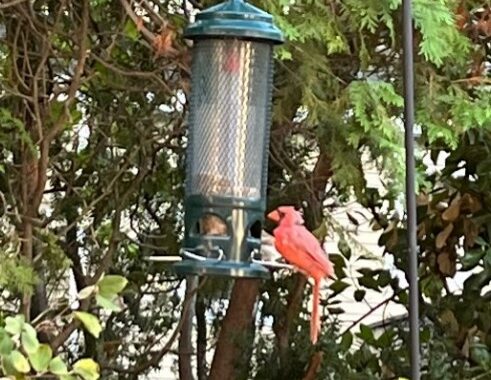This interview was first published on the website of Urban Ecosystem Restorations, a nonprofit urban land trust dedicated to restoring nature where we live, work, and play.
Managing Disruption in a Rapidly Changing World: A Briefing Book for Decision-Makers in North Carolina
Communities across the nation are experiencing the effects of disruptive, accelerating change. A key question for local governments is: how can we address the myriad of forces that are impacting us now or may impact us in the future?
Artificial Intelligence and the Future of Planning
I asked ChatGPT how artificial intelligence will impact the future of the planning profession. Can I believe what it told me?
The Importance of Intergenerational Community Placemaking
Intergenerational community placemaking creates settings that provide opportunities for people of all ages to connect with each other, at scales ranging from individual buildings or sites to neighborhoods, community, and beyond.
City of Lancaster Comprehensive Plan
2023 marked a significant milestone for the City of Lancaster, PA: it adopted Our Future Lancaster, its first comprehensive plan in 30 years. I was honored to play a small role in developing the plan as a consultant to the city.
Are Planners Systems Thinkers?
Planners like to say we are systems thinkers. Given its comprehensive scope and crosscutting characteristics, planning would seem to lend itself to holistic (as opposed to piecemeal or linear) approaches compared to narrower, more specialized professions. But do planners really apply systems thinking in a rigorous way in planning practice?
Taming Disruption: A 2023 National Planning Conference Session
Originally written for the American Planning Association’s Water and Planning Network newsletter, this article describes an NPC 2023 session on disruptive change from the perspective of water.
Triangle Trends Report: Tracking Disruption
Ben Hitchings, principal of Green Heron Planning, LLC, and David Rouse partnered with the Triangle J Council of Governments in North Carolina to prepare a report on how communities in the Triangle region can prepare for the disruptive impacts of change.
Synanthropic Species: Why Are They Important to Our Future?
Synanthropic species are animals that live in close proximity to people, benefit from the environments we create, but (unlike domesticated species) are beyond our control. Given pressing global challenges such as climate change, resource depletion, and rapidly diminishing biodiversity, how can synanthropic species possibly be important to the future of the planet?

